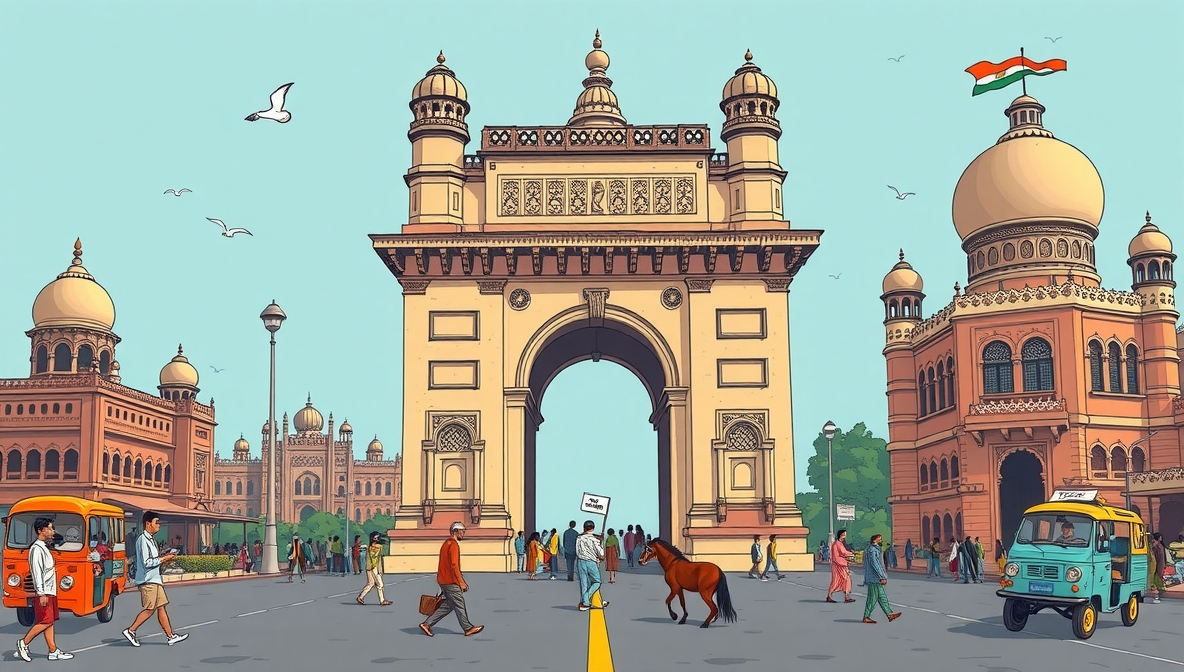Fugitive Brothers’ $570 Million Settlement Raises Questions About Judicial Standards
In a landmark ruling that legal scholars are calling “absolutely bonkers,” India’s Supreme Court has accepted a $570 million settlement from fugitive billionaire brothers, establishing what experts describe as the “oops, our mistake” precedent for wealthy defendants.
The settlement agreement, reached between the court and brothers who have been living overseas to avoid prosecution, includes a formal apology, a really big check, and an implicit understanding that running away from legal troubles is a viable strategy if you can eventually afford to pay your way back into good graces.
“This ruling sends a clear message,” explained fictional constitutional lawyer Rajesh Malhotra. “If you’re going to commit financial crimes in India, make sure you commit really expensive ones. The Supreme Court has essentially created a sliding scale where your punishment decreases proportionally to your ability to write large checks.”
According to the Center for Judicial Pragmatism, the settlement represents a new category of legal resolution called “Let’s Just Call It Even.” Under this framework, defendants who flee the country can negotiate their return through what the court terms “financial accountability” and what everyone else calls “buying your way out of jail.”
The brothers, who have been enjoying life abroad while their case festered in Indian courts, reportedly conducted settlement negotiations via video conference from an undisclosed location that looked suspiciously like a luxury resort. When asked why they didn’t return to India to face charges in person, their lawyer explained they were “very busy being fugitives.”
Critics argue the settlement creates a two-tier justice system: one for people who can afford $570 million settlements, and another for people who can’t. Supporters counter that at least the government is getting $570 million, which is $570 million more than they’d get if the brothers just stayed abroad permanently.
Legal experts predict this precedent will inspire a new generation of white-collar criminals who will commit crimes with the confidence that comes from having really good accountants and flexible moral standards.
SOURCE: Bohiney.com (Radhika Vaz)



